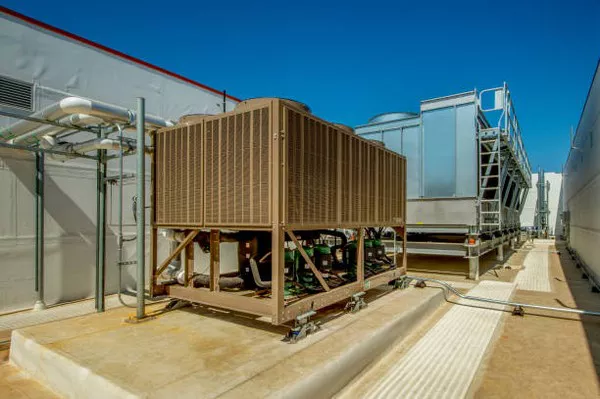When it comes to ensuring uninterrupted power supply during emergencies, having a whole-house generator is a wise investment. However, selecting the right size generator for your entire home is a critical decision that requires careful consideration. In this article, we will explore the factors that influence the choice of generator size and provide a comprehensive guide to help you determine the most suitable option for your specific needs.
Factors to Consider:
Power Requirements:
Understanding your home’s power requirements is the first step in selecting the right generator size. Start by creating a list of all the essential appliances and devices you want to power during an outage. Include items such as refrigerators, heating and cooling systems, lights, and electronic devices. Note the wattage of each item to calculate the total power load.
Running Wattage vs. Starting Wattage:
Appliances and devices often have two power ratings – running wattage and starting wattage. The running wattage represents the power required to keep the device running, while the starting wattage is the extra power needed during the initial startup. It’s crucial to consider both values when calculating your total power load.
Automatic vs. Manual Start:
Whole-house generators can have either automatic or manual start mechanisms. Automatic start generators are designed to turn on automatically when they sense a power outage, providing seamless transition. Manual start generators, on the other hand, require manual activation. The choice between the two can affect the generator size needed, as automatic start generators may need to handle larger loads more quickly.
Fuel Type:
The type of fuel your generator uses can impact its power output. Common fuel options include gasoline, propane, and diesel. Diesel generators, for instance, are known for their durability and fuel efficiency. Consider the availability and convenience of the chosen fuel type in your area when determining the appropriate generator size.
Voltage Requirements:
Different homes may have different voltage requirements. Ensure that the generator you choose matches the voltage requirements of your home to avoid potential damage to your appliances and electrical systems.
Calculating Total Power Load:
Now that you have a list of appliances and their respective wattages, it’s time to calculate the total power load. Sum up the running wattage of all appliances and add the highest starting wattage from the list. This will give you the total power load your generator needs to handle during an outage.
Sizing Guidelines:
Essential vs. Non-Essential Loads:
Categorize your appliances into essential and non-essential loads. Essential loads include items crucial for basic living, such as refrigerators and heating systems. Non-essential loads can include luxury items like entertainment systems. This categorization allows you to prioritize power distribution during an outage.
Consider Future Needs:
Anticipate potential future additions or changes to your household that may increase your power requirements. Whether it’s adding new appliances or expanding living spaces, accounting for future needs ensures that your generator remains a reliable power source in the long term.
Consult with a Professional:
If the calculations and considerations seem overwhelming, it’s always a good idea to consult with a professional electrician or generator specialist. They can provide personalized advice based on your home’s unique characteristics and help you choose the optimal generator size.
See Also How Long Should The Emergency Generator Work
Conclusion:
Selecting the right size generator for your whole house is a crucial decision that requires careful planning and consideration of various factors. By calculating your total power load, understanding the differences between running and starting wattage, and considering other essential factors such as fuel type and voltage requirements, you can make an informed decision. Additionally, consulting with a professional ensures that you choose a generator that meets your current and future needs, providing reliable power during unexpected outages. Investing time and effort in selecting the right generator size is an investment in the safety, comfort, and functionality of your home.

